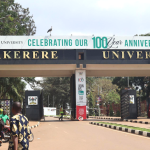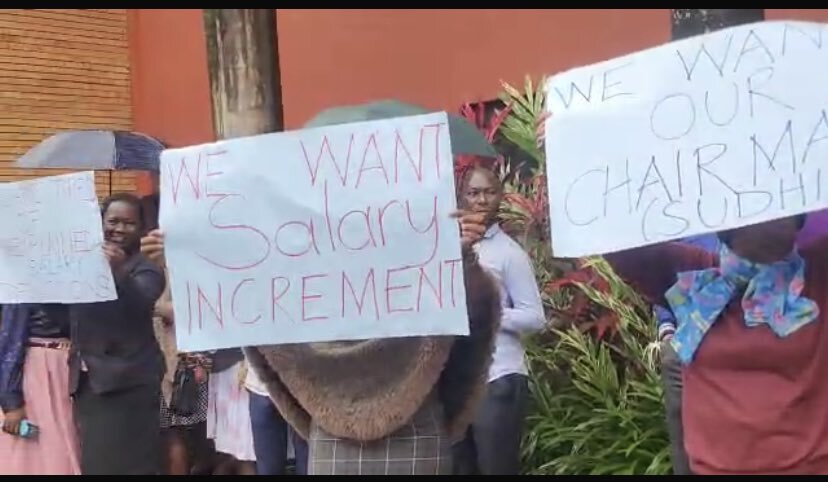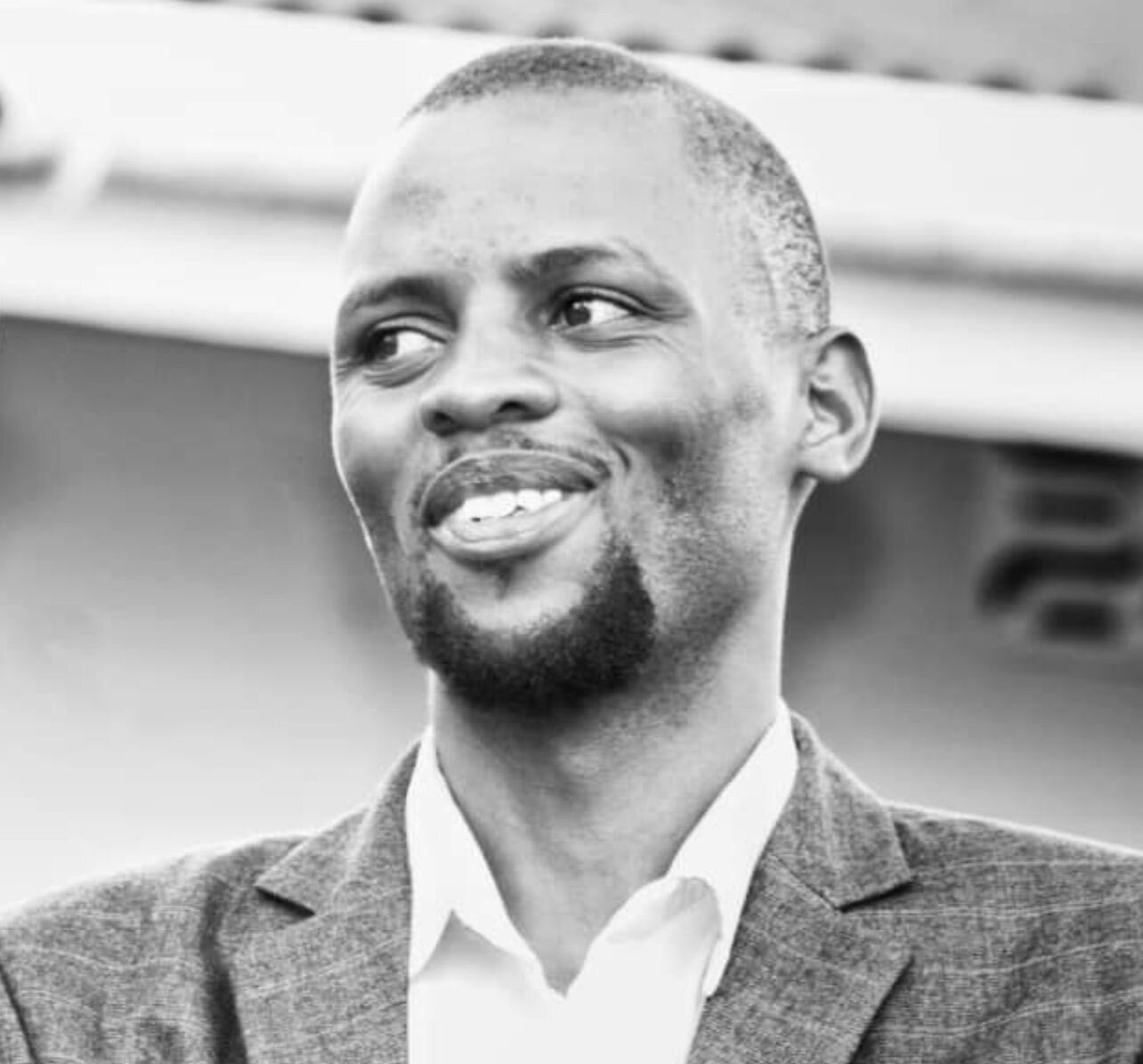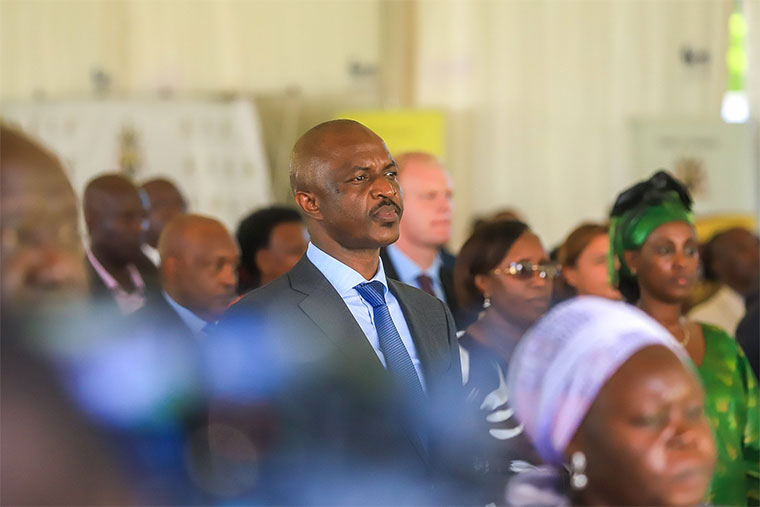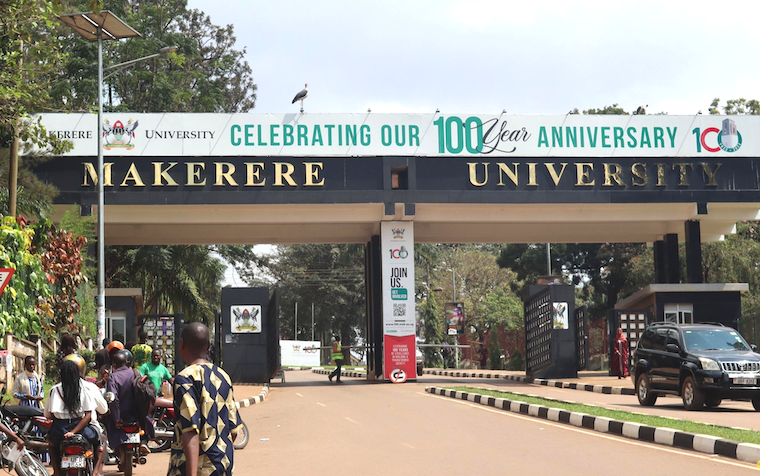Some of the 42 households affected by the Tilenga and the East African Crude Oil Pipeline (EACOP) oil project have accused the judicariary of paying a deaf ear to their concerns.
Addressing the media in Kampala today, they said several meetings they said key stakeholders had failed to meet them despite organising several meetings to have their grievances heard and settled.
Some of them were in Kampala this week to meet with Norbert Mao, the minister of Justice and Constitutional Affairs, Chief Justice Owiny Dollo and the Deputy Chief Justice. They also wanted to meet TotalEnergies’ Managing Director. They were not successful.
Julius Asiimwe one of the affected people said they are grieving in their hearts.
“We wrote them letters requesting for meetings on specific dates and none of them wrote back declining to meet to meet us. Based on the reception we received at the offices we visited, we don’t think that the judiciary understands the implications of its actions on our families, our children. All the cases we have filed against the government since 2014 are still rotting in court and the same judiciary hears the government cases against us in four days. We have been asking ourselves, has our government been taken over by the devil? We are crying in our hearts, wondering who will help poor people like us,” Asiimwe said.
Margaret Sabiti said she had travelled all the way from Buliisa and no one granted them an audience.
“I asked myself, why is our own government abandoning us? Public offices should be open and officers should address the grievances of poor people like us. I feel sad that TotalEnergies is working with the government to use the Ugandan courts to evict our families,” she said.
affected households that were sued by the government in December 2023 have expressed disappointment over failure by key stakeholders in Uganda’s judiciary to meet them.
In December 2023, Justice Jesse Byaruhanga of the High Court in Hoima heard and passed a judgement against the households after government had filed a case seeking to evict the households to pave way for EACOP. The case was heard and judgement made in four days.
The affected people now argue that the rushed court processes and denied them an opportunity for a fair hearing. They appealed the ruling.
Dickens Kamugisha of Africa Institute for Energy Governance (AFIEGO) that is supporting the affected families said all Ugandans should take keen interest in the matter not only the poor households affected by EACOP.
“With courts setting bad precedents that allow the government to violate Article 26 and other human rights provisions of the Ugandan Constitution, where affected landowners are forced to accept low, unfair, and inadequate compensation, and courts deny people fair hearings, any Ugandan could suffer the same fate. When the people from the oil region, such as Buliisa district, are fighting, Ugandans should join them because their fight is a fight for justice for all Ugandans,” Kamugisha said.
Amina Acola, a legal associate at AFIEGO, said the appeal is a symbol of the struggle between oil-affected communities and government, highlighting broader issues of land rights, environmental challenges, and corporate responsibility.
“The outcome of this legal battle is eagerly awaited, as it is expected to set a precedent for cases related to compulsory land acquisitions and stop the negative impacts of oil in Uganda,” she said.
